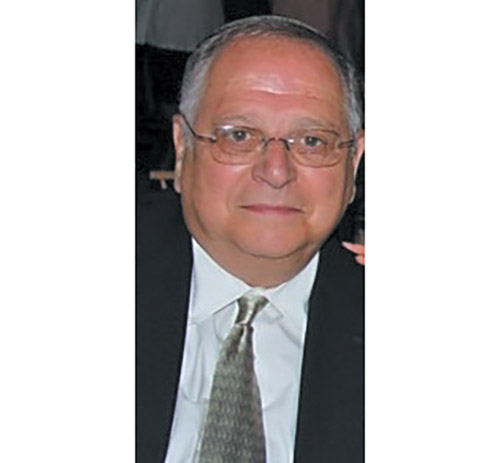
When school administrators are interviewed for their positions, one of the standard questions they are asked concerns their philosophy of education. This is true for limudei kodesh as well as general studies. The underlying assumption being that the head of school or principal will implement this philosophy as a supervisor and educational leader. I, on the other hand, like to ask the school leadership what is their philosophy of education. More often than not it has never been fleshed out nor seriously considered.
At a recent board development session I conducted at a prominent day school, we engaged in a strategic exercise to determine and develop an educational mission and philosophy. It was fascinating on several levels. First, this had never been done before. Second, from the twenty board members, came over a dozen very major differences of opinion as to what defines their school’s mission and how best to accomplish it educationally. The fact that the long time principal was not part of this process was also significant.
Every day school’s web page mission statement and philosophy are very similar. Putting into practice what they preach is another matter. At the end of this school board’s three sessions there was universal acclamation for the process and for the percolated results. In truth however, despite anyone’s best intentions the real place where an educational philosophy is important and makes a difference, is in the classroom. It’s the teacher who needs to be a reflective practitioner of an evolving approach to teaching. What worked twenty or even five or ten years ago is no longer viable.
When teachers are asked about their philosophy of educating students, we usually hear that they want students to learn, or to be inspired, or to learn to think for themselves. These are all valid goals, but they don’t explain how the teacher thinks and how he/she plans to accomplish these goals.
We have all had that one outstanding teacher. My mantra to teachers has always been to be the teacher you always wanted to have. Consciously thinking about one’s pedagogy also prevents burnout. There are fortunately many great teachers who manifest the desire to be the best they can be by staying current and introspective. There are also veteran teachers who are complacent. You can be a veteran teacher with fifteen years of experience. The key is if it isn’t one year of experience taught fifteen times.
Not all philosophies fit every teacher or every school. You can’t bring a black hat philosophy to a modern co-ed school, you cannot claim to be Ivrit B’Ivrit if your teachers don’t speak Hebrew fluently, nor can you ignore issues facing children that are beyond the purely educational. Every situation is different but there are some constants. Any philosophy of education should challenge students, and help them to learn and grow. Despite class size, teachers should strive to reach every student and teach every student in order to achieve significant academic growth. A child is so much more than a percentile number.
Data can be helpful but don’t be a slave to assessments. Granted there is a curriculum and certain school norms for exams and evaluation. However, not every child is a good test taker for a variety of valid reasons. Ways need to be found to encourage those students. Maybe a project instead of a test, oral testing, or even open book exams since we know that learning is more than just rote memorization.
How teachers communicate to students is also important. Clear and precise instructions regarding homework that isn’t busy work is as crucial as speaking slowly and writing legibly (for those who still use white boards). Students can often try a teacher’s patience. How a teacher responds to challenges of authority or handling misbehavior is also a communication skill. Role playing with a trained facilitator can be helpful here.
Conflict resolution that includes one-on-one discussions using “I” language also needs to be a thought out response to varying situations.
Teachers should be prepared to motivate students to become critical thinkers, problem solvers and effective communicators. This is especially true for those who may not “get it” the first time around. Acknowledging a student’s difficulty and allowing him/her to try harder is crucial to self-esteem and academic progress. If a teacher supports a student who perseveres and has the resilience to achieve a goal, he/she will be able to push through.
Every teacher wants students to develop to a lifelong love of learning. Teachers want their students to read and enjoy printed books. Classroom libraries and the school library should foster this desire to read. This is especially true in limudei kodesh. We want our students not only to be able to read chumash with meforshim or a page of Talmud, but to actually do so when they are no longer in school. The same holds true for davening. If praying is rote and devoid of meaning in school, that will carry on into adulthood.
All of this is part of a philosophy of education that drives and motivates teachers to find innovative ways to reach students on a daily basis. All teachers need this. It is grossly unfair that we live in a society that devalues and takes for granted the worth of teachers. Every day teachers are making a difference in so many people’s lives with every word they utter and every action they perform. If this seems like a lot for teachers to internalize, it is. It is no different from a concert pianist. The really good ones bring thought, passion and style to their craft when they perform, even without a score in front of them. Our teachers are the maestros and virtuosos of their classrooms.
By Rabbi Dr. Wallace Greene
Rabbi Dr. Wallace Greene is an educational consultant after a distinguished career as a day school educator and teacher trainer.













